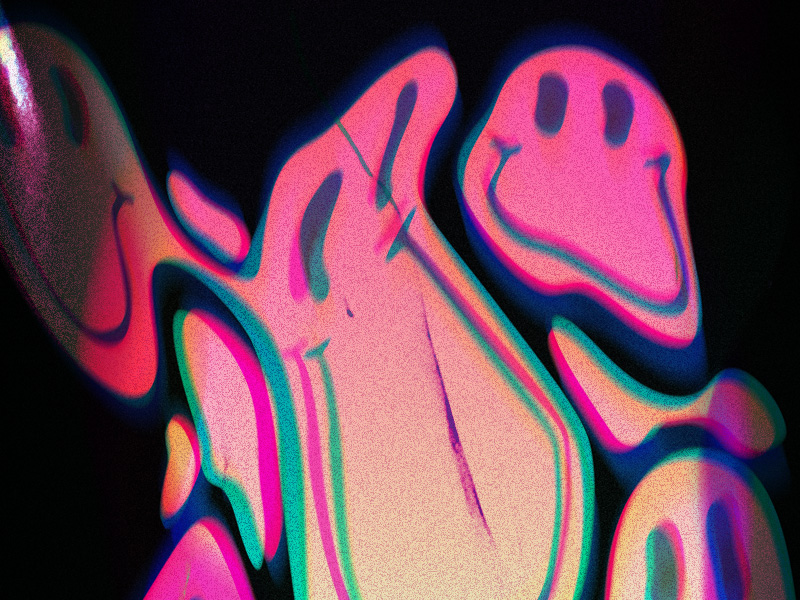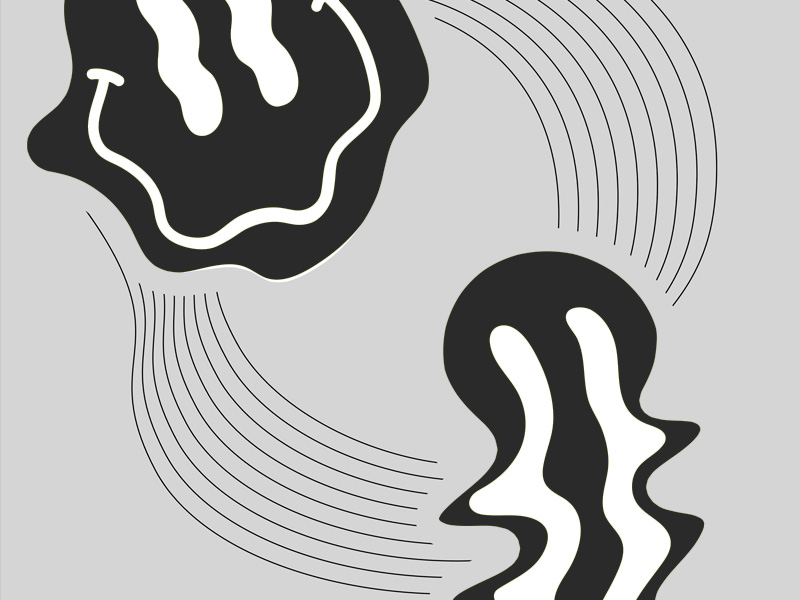Scrolling through my social media feeds, it’s hard not to feel a rush of excitement every time I receive a new like or follow.
These small digital affirmations give a sense of validation and achievement, much like leveling up in a game.
This gamification of social media—where interactions are quantified and rewarded—has transformed how we behave online.
But as I reflect on my own experiences, I can’t help but question whether this constant pursuit of digital validation is healthy.
How do likes and follows impact our behavior, and what are the broader implications for our mental health and social interactions?
The Mechanics of Gamification
Social media platforms are designed to be addictive. The mechanisms of likes, follows, and shares act as rewards, creating a loop of positive reinforcement that keeps us coming back for more.
It’s similar to the way video games use points, badges, and leaderboards to keep players engaged.
Each notification triggers a small release of dopamine in our brains, giving us a feeling of pleasure and encouraging us to continue the behavior that earned the reward.
I’ve often found myself checking my phone repeatedly after posting a photo or status update, eagerly awaiting the influx of likes and comments.
This behavior isn’t just anecdotal. According to a study by the Pew Research Center, social media use is linked to increased dopamine activity, reinforcing the cycle of use.
The Impact on Self-Esteem and Mental Health
While the gamification of social media can be gratifying, it also has a darker side.
The constant need for validation can lead to anxiety and depression, especially when posts don’t receive the anticipated level of engagement.
I’ve experienced this firsthand—moments of self-doubt and insecurity when a post doesn’t get as many likes as I hoped.
Research supports these experiences. A study by the Royal Society for Public Health found that social media use is associated with increased rates of anxiety, depression, and poor sleep, particularly among young people.
The pressure to present a perfect image online and the fear of missing out (FOMO) can exacerbate these issues, leading to a cycle of negative emotions.
The Influence on Behavior
The quest for likes and follows doesn’t just affect our mental health; it also influences our behavior.
Social media users often tailor their posts to maximize engagement, sometimes at the expense of authenticity.
I’ve caught myself editing photos extensively or sharing content that I think will be popular rather than what truly represents me. This performative aspect of social media can lead to a loss of genuine self-expression.
Additionally, the drive for digital validation can encourage risky behavior, particularly among younger users.
Viral challenges and trends often push boundaries, sometimes leading to dangerous or harmful actions.
The Tide Pod Challenge is a notorious example, where teens ingested laundry detergent pods for online attention, resulting in numerous poisonings.
The Role of Algorithms
Social media algorithms play a crucial role in the gamification process.
These algorithms are designed to prioritize content that generates high engagement, often promoting posts with the most likes, comments, and shares.
This can create a feedback loop, where popular content becomes more visible, leading to even more engagement.
However, this system also has its downsides. It can promote sensational or controversial content, as these types of posts often generate more interaction.
This can contribute to the spread of misinformation and divisive content. According to a study by MIT Sloan, false news stories are 70% more likely to be retweeted than true ones, highlighting the role of algorithms in amplifying misleading information.
The Effects on Interpersonal Relationships
Social media’s gamification also impacts our interpersonal relationships.
The drive for likes and follows can sometimes lead to superficial interactions, where the quality of connections is sacrificed for quantity.
I’ve noticed that while I have many friends and followers on social media, the depth of these relationships varies greatly.
The emphasis on digital validation can make interactions feel transactional, focused more on gaining engagement rather than fostering genuine connections.
Moreover, social media can influence how we perceive and engage with others.
Seeing posts with high engagement can create a bandwagon effect, where we are more likely to interact with content that appears popular.
This can skew our perceptions of what is important or valuable, as we equate high engagement with worthiness.
The Role of Social Comparison
The gamification of social media intensifies social comparison, which can further impact our mental health and behavior.
We often compare our own lives to the highlights and curated moments of others, leading to feelings of inadequacy and low self-esteem.
I’ve caught myself feeling envious of others’ seemingly perfect lives, forgetting that social media often presents a distorted version of reality.
According to a study by the SAGE Journals, frequent social comparison on social media is linked to depressive symptoms.
This constant comparison can create a vicious cycle, where we feel pressured to present an idealized version of ourselves to keep up with others, further fueling the need for likes and validation.
Finding a Balance
Given these challenges, it’s essential to find a balance in our social media use. Here are a few strategies that have helped me:
- Limit Screen Time: Set boundaries for how much time you spend on social media each day. Use apps that track your usage and remind you to take breaks.
- Be Authentic: Post content that genuinely represents you, rather than what you think will get the most likes. Authenticity fosters deeper connections and more meaningful interactions.
- Focus on Real-Life Interactions: Prioritize face-to-face conversations and activities over digital ones. Real-life interactions are crucial for mental health and well-being.
- Curate Your Feed: Follow accounts that inspire and uplift you, and unfollow those that make you feel inadequate or anxious. A positive digital environment can improve your overall experience.
The Role of Social Media Platforms
Social media platforms also have a responsibility to mitigate the negative effects of gamification.
Initiatives like Instagram’s experiment with hiding likes aim to reduce the pressure of social validation.
According to a report by The Verge, this change is designed to help users focus more on the content they share rather than the amount of likes it receives.
While the effectiveness of this experiment is still being evaluated, it represents a step towards addressing the mental health impacts of social media.
Platforms can also promote digital well-being by offering features that encourage meaningful interactions and reduce the emphasis on engagement metrics.
Facebook’s “Take a Break” tool and Twitter’s “Mute” feature are examples of how platforms can support users in managing their social media use.
Personal Reflections
Reflecting on my own experiences with social media, I recognize the need for a more mindful approach.
The thrill of likes and follows can be addictive, but it’s essential to prioritize genuine connections and self-expression over digital validation.
By being aware of the gamification mechanics and taking steps to manage our usage, we can create a healthier relationship with social media.
Conclusion
The gamification of social media through likes and follows has a profound impact on our behavior and mental health.
While these features can create a sense of connection and validation, they also pose risks of anxiety, depression, and superficial interactions.
By finding a balance and promoting authenticity, we can navigate the digital world more mindfully and foster deeper, more meaningful relationships.
For further insights on the impact of social media and strategies for healthier use, consider exploring resources from the Pew Research Center, the Royal Society for Public Health, and MIT Sloan.
Let’s work towards creating a digital environment that enhances our well-being and fosters genuine connections.




